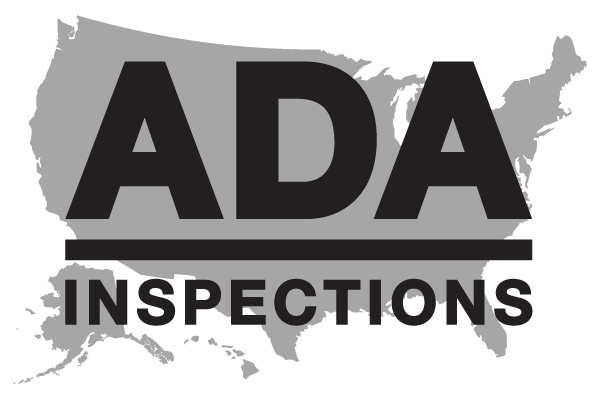Financial planning for disabled individuals is critical for long-term care and comfort. There are several options available to help with funding and financial planning. Include Residential Accessibility in this plan to ensure the disabled individual can live in their home as long as they wish.
Read MoreHome modifications to improve safety and accessibility can make living at home better for those with cognitive impairment after a stroke. A Certified Aging in Place Specialist (CAPS) can help with these home modifications.
Read MoreVision impairment can be the result of a stroke, an accident, illness, or simply the aging process. A Certified Aging-in-Place Specialist (CAPS) can help with home modifications for people with impaired vision.
Read MoreStrokes can cause spasticity. Managing spasticity with assistive devices and home modifications can help improve safety and reduce the risk of spasticity-related falls. A Certified Aging-in-Home Specialist (CAPS) can help with home modifications.
Read MoreA Certified Aging in Place Specialist (CAPS) consultant can help with home modifications for victims of hemiparesis or hemiplegia. Hemiparesis is weakness on one side of the body. One-sided paralysis is known as hemiplegia. Most stroke victims suffer from hemiparesis or hemiplegia.
Read MoreRichard Acree has been certified as a CAPS consultant providing services as a building inspector, planner, and project monitor for aging-in-place home modifications in Titusville, FL.
Read MoreRichard Acree has been certified as a CAPS consultant providing services as a building inspector, planner, and project monitor for aging-in-place home modifications in Clearwater, FL.
Read More
